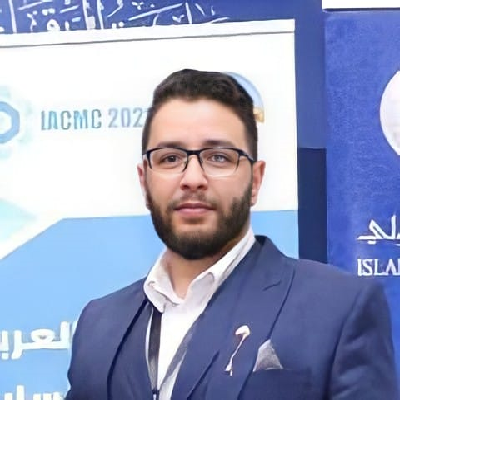
Title: A New Numerical Confirmation of a Fractional-Order COVID-19 Model’s Efficiency
Abstract:
In the past few years, the world has suffered from an untreated infectious epidemic disease (COVID-19), caused by the so-called coronavirus, which was regarded as one of the most dangerous and viral infections. From this point of view, the major objective of this intended paper is to propose a new mathematical model for the coronavirus pandemic (COVID-19) outbreak by operating the Caputo fractional-order derivative operator instead of the traditional operator. The behavior of the positive solution of COVID-19 with the initial condition will be investigated, and some new studies on the spread of infection from one individual to another will be discussed as well. This would surely deduce some important conclusions in preventing major outbreaks of such disease. The dynamics of the fractional-order COVID-19 mathematical model will be shown graphically using the fractional Euler Method. The results will be compared with some other concluded results obtained by exploring the conventional model and then shedding light on understanding its trends. The symmetrical aspects of the proposed dynamical model are analyzed, such as the disease-free equilibrium point and the endemic equilibrium point coupled with their stabilities. Through performing some numerical comparisons, it will be proved that the results generated from using the fractional-order model are significantly closer to some real data than those of the integer-order model. This would undoubtedly clarify the role of fractional calculus in facing epidemiological hazards.
Biography:
Shameseddin Alshorm is a research assistant in the Department of Mathematics at the Al-Zaytoonah University of Jordan. He is the head manager at Innovation and Entrepreneurship Center for Educational Consultations. His research interests focus on fractional analysis, control theory, and abstract algebra.

